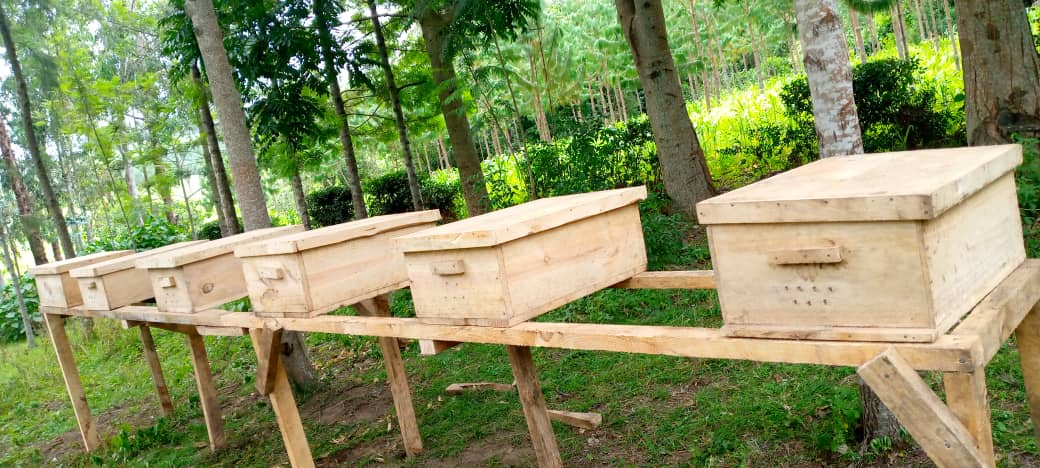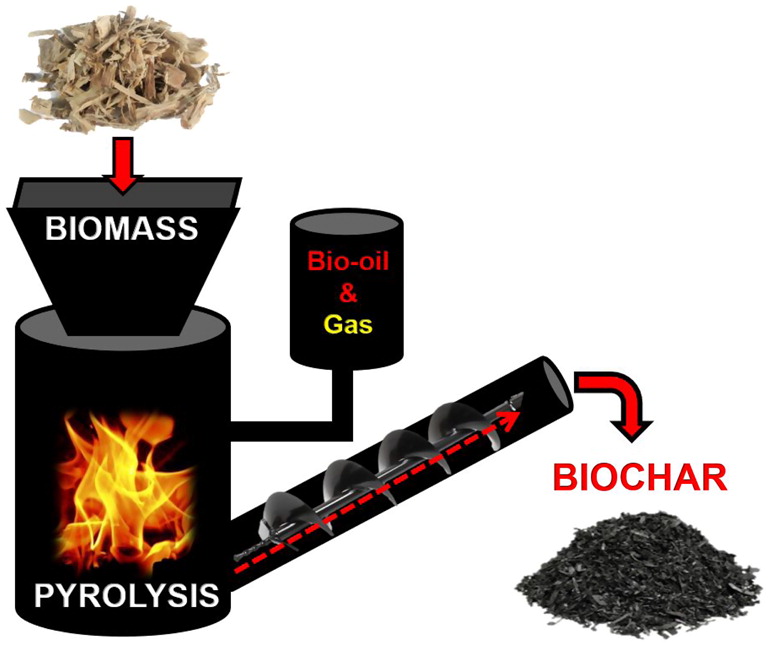Tanzania is endowed with many natural resources and investment opportunities. The Government of the United Republic of Tanzania has simplified investment regulations in order to attract investors from around the world. Investment in Tanzania is overseen by the Tanzania Investments Centre (TIC), a one-stop primary Government agency responsible for all investment matters.
The TIC is charged with the following functions:
- Promoting investment activities in Tanzania;
- Addressing administrative constraints facing local and foreign investors;
- Assisting in the establishment and registration of enterprise processes;
- Facilitating investors in obtaining necessary licenses, work permits, visas, approvals, facilities or services;
- Assisting investors to secure investment sites and the establishment of Export Processing Zone (EPZ) projects especially in the Agricultural, Mining, Infrastructure, Fisheries and Tourism sectors;
- Granting Certificates of Incentives, investment guarantees and registering technology agreement for all investments which are over and above US$ 300,000 and US$100,000 for foreign and local investments, respectively;
- Providing and disseminating up to date information on existing investment opportunities, benefits and incentives available to investors: and
- Facilitating investors to have smooth working relationships with Public and Private Sector bodies such as Tanzania Chambers of Commerce, Industry and Agriculture (TCCIA), Confederation of Tanzania Industries (CTI), Tanzania National Business Council (TNBC), Tanzania Private Sector Foundation (TPSF)
Tanzania presents promising opportunities for forest and beekeeping investments due to its rich biodiversity, extensive forest cover, and favorable climatic conditions. Forest resources are estimated to cover about 48.1 million (mil) hectares (ha) which is equivalent to 55% of the total surface land area of Tanzania’s mainland (88.6 mil ha). About 44.7 mil ha (93%) of the forestland is classified as woodlands and the remaining 3.4 mil ha (7%) are classified as catchment forests, mangroves, coastal forests and government forest plantations. The total forest cover can be divided into protected and productive forests. Protected areas cover approximately 28 mil ha (58.2%) found in national forest reserves and wildlife-protected areas, while production forests (where regulated harvesting is legally allowed) take up 20.1 mil ha (41.8%). Here’s a deeper look at the investment potential in these sectors:
- Forestry Investment:
- Timber Production: Tanzania boasts vast stretches of natural forests and woodlands, offering opportunities for sustainable timber harvesting. Investors can engage in sustainable forestry management practices to ensure long-term viability while meeting the growing demand for timber domestically and internationally.
- Value-added Products: Beyond timber, there are opportunities for value-added products such as furniture manufacturing, wood processing, and paper production. These activities can generate higher returns and create additional employment opportunities.
- Eco-Tourism and Conservation: Tanzania’s forests are home to diverse flora and fauna, making them prime locations for eco-tourism ventures. Investors can explore opportunities in developing eco-lodges, nature reserves, and guided tours, while contributing to conservation efforts and community development.
- Beekeeping Investment:
- Honey Production: Tanzania is one of the leading honey-producing countries in Africa, thanks to its abundant floral resources and favorable climatic conditions. Investing in modern beekeeping techniques and equipment can enhance honey production efficiency and quality.
- Value-added Products: Besides honey, there are opportunities to diversify into value-added products such as beeswax, royal jelly, and propolis. These products have various applications in cosmetics, pharmaceuticals, and food industries, offering additional revenue streams.
- Pollination Services: With the decline in global bee populations, there’s a growing demand for pollination services in agriculture. Investing in beekeeping not only yields honey and other products but also provides essential pollination services, thus contributing to increased agricultural productivity.
- Challenges and Considerations:
- Sustainability: Sustainable practices are essential to ensure the long-term viability of forest and beekeeping investments. Investors should prioritize conservation efforts, adopt sustainable harvesting techniques, and promote responsible land management practices.
- Market Access: Accessing domestic and international markets can pose challenges due to logistical constraints and market competition. Investors should invest in market research, establish strong distribution networks, and explore partnerships to expand market reach.
- Government Support and Incentives:
- The Tanzanian government recognizes the importance of forestry and beekeeping for economic development and environmental conservation. It offers various incentives and support programs to attract investment in these sectors, including tax incentives, subsidized land leases, and technical assistance.
- Investors can leverage these government initiatives to mitigate investment risks and enhance the profitability of their ventures.
For further details please contact:
Director General,
Forest and Beekeeping Services (FBS) Tanzania,
P.O BOX 6482, Morogoro.
Tanzania
Mobile Phone: +255 (0) 655 299 023
Email: info@forestbeekeeping.co.tz
salim.shaaban@forestbeekeeping.or.tz.




